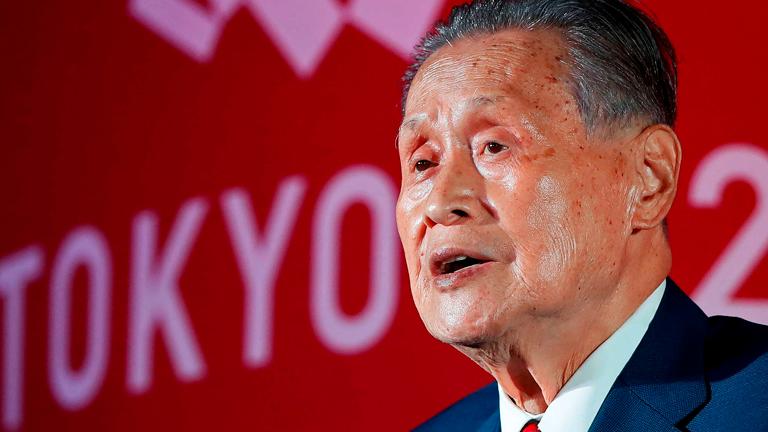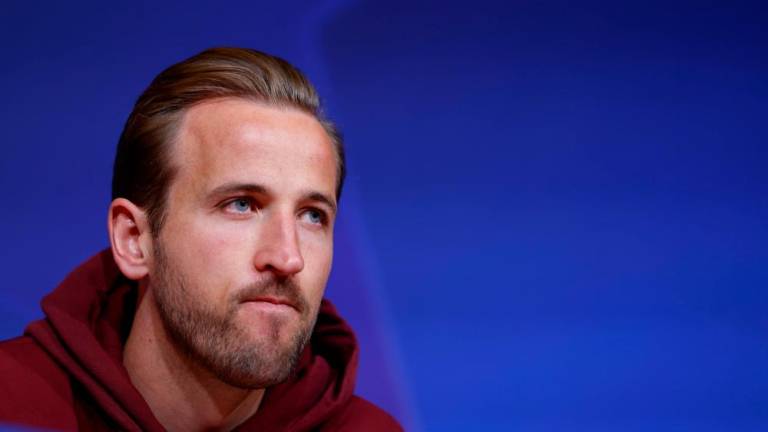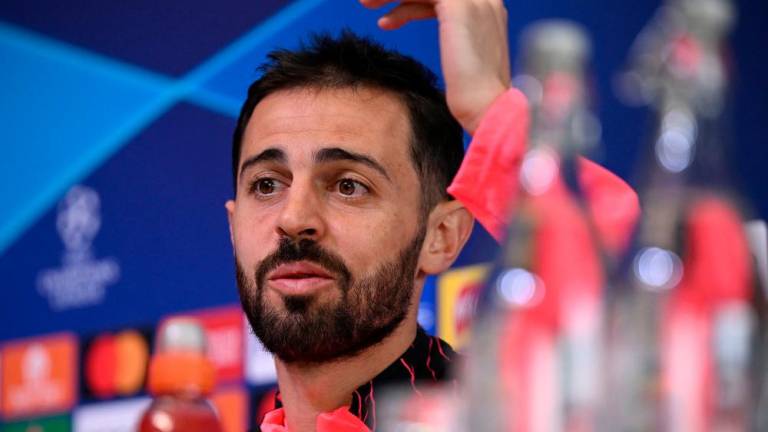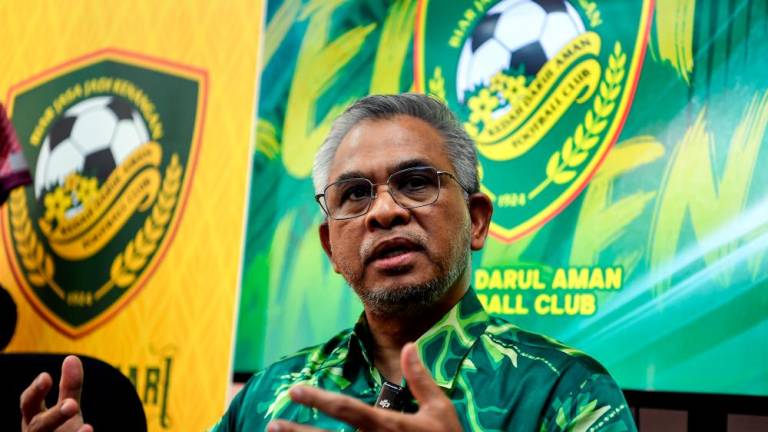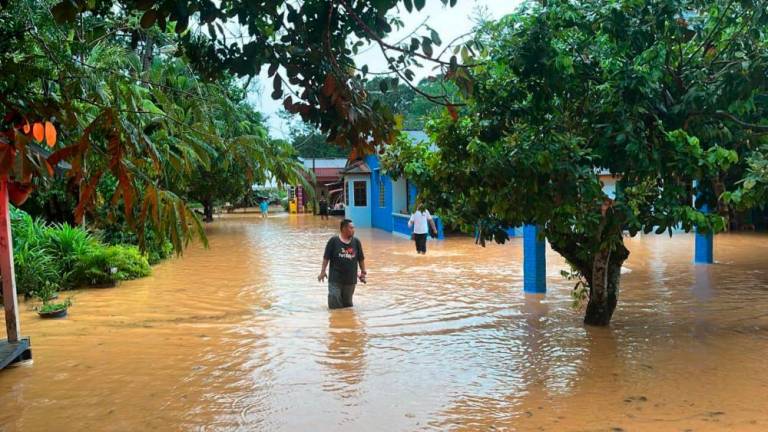TOKYO: Tokyo 2020 Olympics chief Yoshiro Mori (pix) resigned on Friday and apologised again for sexist remarks that sparked a global outcry, leaving the troubled Olympics searching for a chief five months from the opening ceremony.
The resignation of former prime minister Mori, 83, will further erode confidence in the organisers' ability to pull off the postponed Summer Games during a coronavirus pandemic.
A selection committee made up of an equal number of men and women, and centred around athletes, would choose a new president, Tokyo 2020 chief executive Toshiro Muto told a news conference after a meeting of a board of advisers.
He did not say when the decision would be made but it had to be done "urgently".
"Regarding qualities of a new president ... experience in Olympics and Paralympics ... Gender equality or diversity and inclusion ... we need a person that has a really high-level of understanding of that," Muto said.
Among the possible candidates, media said, was Olympics Minister Seiko Hashimoto, 56, a seven-time Olympian and pioneering female lawmaker. Her first name is based on the Japanese words for the Olympic flame and she was born just days before the 1964 Tokyo Olympics opened.
Hashimoto later told reporters she had not been asked to replace Mori and she sought to reassure the public that Japan would stay focused on preparations.
Mori sparked a furore when he said during an Olympic committee meeting this month that women talk too much, setting off a chorus of calls for him to be sacked. He initially refused to step down.
"My inappropriate comments caused big trouble. I'm sorry," Mori said at the beginning of a meeting of senior organising committee officials on Friday, adding that the most important thing was for the Tokyo Olympics to be a success.
The International Olympic Committee (IOC) said it was "as committed as ever" to staging the Games, which are due to open on July 23.
"The IOC will continue working hand-in-hand with his successor to deliver safe and secure Olympic Games Tokyo 2020 in 2021," IOC President Thomas Bach said in a statement.
Mori on Thursday had asked the mayor of the Olympic Village, 84-year-old Saburo Kawabuchi, to take over the job but by Friday, amid public dismay that the chosen successor was another older man, media reported that Kawabuchi turned the job down.
Broadcaster Fuji News Network quoted a government source as saying: "We can't give the impression that things have changed unless we install a woman or see a generational shift."
Top government spokesman Katsunobu Kato declined to comment on the issue except to say things would be done according to procedures and in a transparent way.
The Mori controversy has done "serious reputational damage" to the Tokyo Olympics, said one source involved in the Games, requesting anonymity due to the sensitivity of the matter and adding that many officials want a woman to replace Mori.
Tokyo Governor Yuriko Koike, herself a pioneer as Tokyo's first female leader, avoided a direct answer when asked during a news conference who Mori's successor should be, but said the person should embody Olympic ideals of inclusivity and be somebody the world can accept.
"Diversity and harmony - that's something that the person at the top needs to understand, embody and broadcast," she said.
Tammy Parlour, head of the Women's Sports Trust in Britain, told Reuters in an email that the Olympics were a chance to showcase equality.
"The wider issue is not what one man says though, but how the Olympic movement can capitalise on its visibility to promote brilliant women across all sports and create greater diversity behind the scenes in leadership positions," she said. – Reuters



